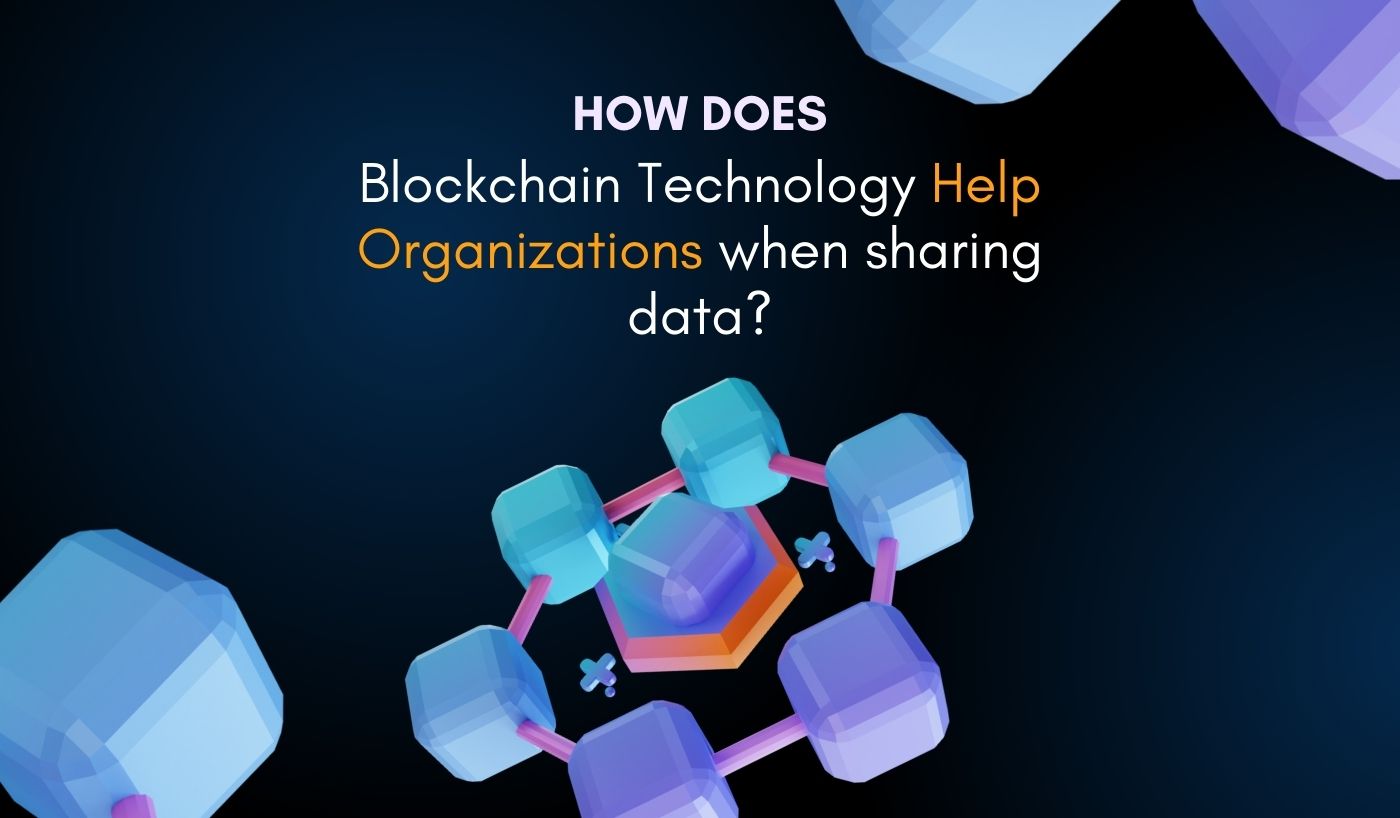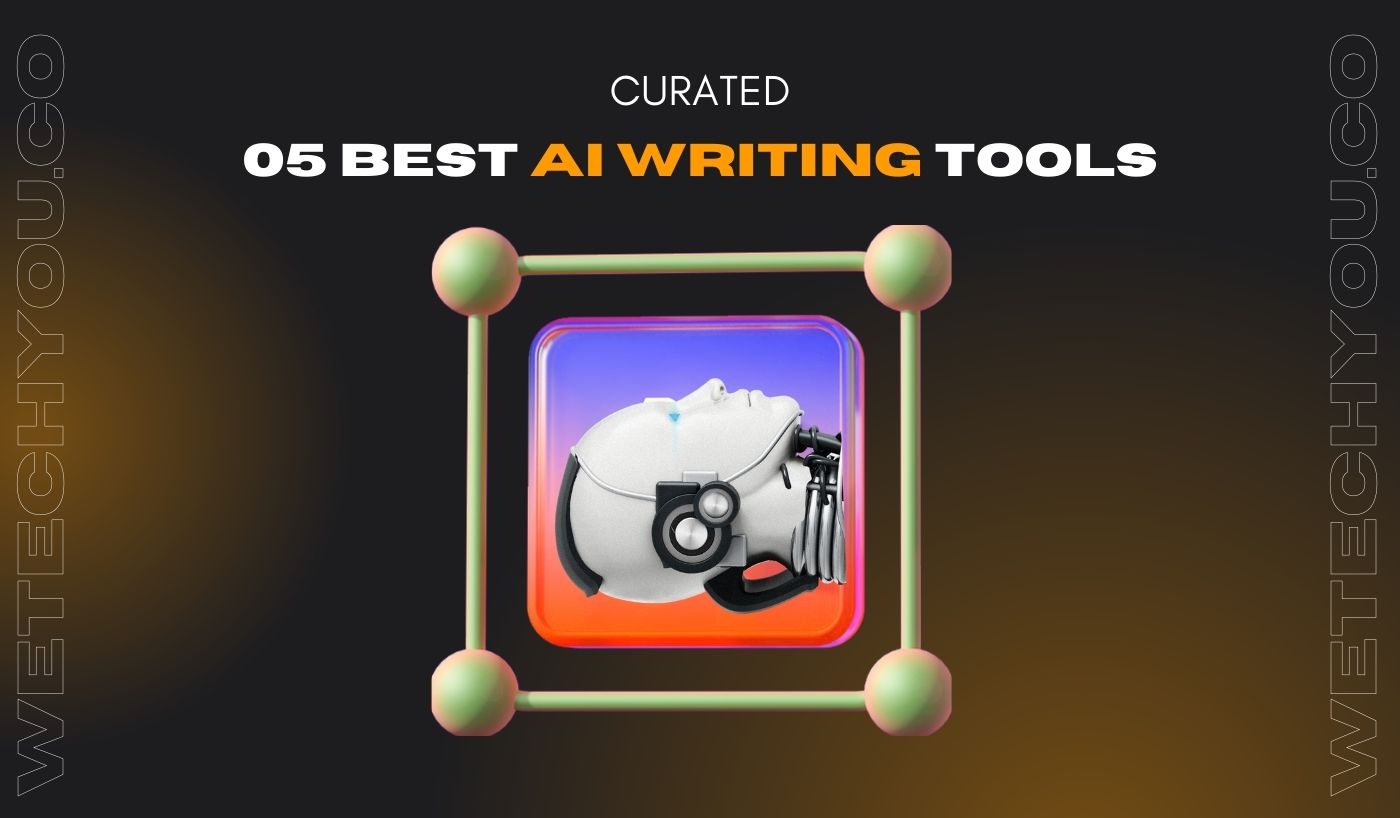Every company attempts to adapt to this age of technological advancement and digitalization to stay competitive. You need to be aware of your market, rivals, and goods. The most crucial component of this is “data,” the foundation of all businesses.
If you’re still utilizing conventional techniques from the past to manage your data, it becomes intimidating for you to track them, analyze, and forecast results in this competitive age. Moreover, you’re not certain that your critical company data is secure or confidential.
That’s where blockchain technology shines. The way businesses exchange data is being revolutionized by blockchain technology and more & more organizations are adopting it. Its attributes, including immutability, transparency, and security, offer reliable and impenetrable data-sharing methods.
According to a survey conducted by Statista in 2021 on the applications of blockchain technology in businesses throughout the world, it was found that 93% of big companies think blockchain will lead to new income streams, while 97% think their company will miss out on potential opportunities for competitive advantage if they don’t use it.
That’s how blockchain technology is changing the dynamics of the business world. But despite the benefits, it’s crucial to examine all facets of blockchain technology, such as security, consensus methods, and data privacy, to comprehend how it benefits enterprises when exchanging data properly.
So, let’s explore how blockchain technology assists businesses when exchanging data.
Top 16 Ways Blockchain Assist Organizations
1. Blockchain Cryptography and Data Sharing
Cryptographic techniques to encrypt and safeguard data on the blockchain makes it challenging for hackers to obtain illegal access, adding a degree of security.
2. Data Sharing with Blockchain Security
The importance of blockchain security for data exchange cannot be understated. Due to the immutability of blockchain technology, it is difficult to change or remove data after it has been stored on the blockchain, adding an extra degree of protection. Also, the data on the blockchain is protected by encryption, making it almost hard for hackers to obtain illegal access.
A blockchain is a form of distributed ledger technology – data sharing and distributed ledger technology go hand in hand. As opposed to being kept on a single server, data is now kept on a network of computers. This decentralized method of data storage and sharing increases its transparency and security.
3. Decentralized Info Access Using Blockchain Technology
One of the main advantages of blockchain technology is decentralized data sharing. Blockchain technology enables organizations to share data directly with one another, reducing the risk of data breaches and speeding up transactions by doing away with the need for intermediaries.
4. Blockchain-Based Data Sharing Data Management
To guarantee that the data on the blockchain is correct and current, data management is an essential factor to consider in blockchain-based data sharing. Companies must create transparent data management practices, including data security, entry, verification, and deletion.
5. Blockchain and Data Sharing with Data Privacy
Another considerable factor to consider is blockchain technology and data privacy in data sharing. Although blockchain technology provides high data protection, it may also increase the data transparency, which may not always be desirable. Companies must carefully evaluate the amount of privacy they require and put the appropriate safeguards in place to secure sensitive data.
6. Interoperability with blockchains and data sharing
There are numerous blockchain networks, each with its own set of protocols and standards. Also, blockchain interoperability and data sharing are significant factors to consider. Organizations may find it challenging to communicate data across several networks as a result. Interoperability is essential to overcome this obstacle.
7. Data Sharing Using Public Key Infrastructure and Blockchain
Blockchain-based data sharing with public-central infrastructure gives users on the network safe and verifiable digital identities, significantly boosting data security. This way, your organization guarantees that the data on the blockchain can only be accessed by authorized individuals.
8. Blockchain-Based Data Sharing and Cybersecurity
Data sharing using blockchain technology and cybersecurity go hand in hand because blockchain technology may help thwart cyberattacks. Blockchain technology lowers the danger of data breaches by doing away with the need for middlemen, and its immutability and transparency make it simpler to spot and stop fraudulent activities.
9. Sharing Info Based on Blockchain and Traceability
Every transaction on the blockchain is tracked and can be readily traced back to its source thanks to traceability and blockchain-based data sharing. This is especially helpful for supply chain management since it’s crucial to monitor the flow of commodities from one location to another.
10. Transparency in Blockchain Data Sharing
Another crucial feature of this technology is transparency and trust in data exchange. The ability to track and validate data is made simple, and every transaction on a blockchain is recorded and accessible to everybody on the network. This transparency also promotes trust among network users because access to the same information for every user is available.
11. Blockchain and Smart Contracts for Safe Data Sharing
Other essential components of this technology include blockchain for safe data sharing and Smart Contracts. Smart Contracts are self-executing agreements that take effect when specific requirements are satisfied. Moreover, Smart Contracts reduce the need for intermediaries and ensure everyone participating in a transaction is held responsible.
Checking the data fields is crucial since it aids in data protection for the business. Smart contracts are being used to prevent security flaws and poor code from occurring thanks to blockchain technology, which is also changing their operational ways. These smart contracts operate apart from blockchain nodes in sandbox settings. There are safer possibilities for confirming because of this. Everyone on the network can verify the accuracy of data without the need for meticulous documentation.
12. Consensus Mechanisms using Blockchain Technology
In Blockchain-based consensus techniques, all users approve every network transaction authentically. Users accept these transactions for data sharing before making blockchain connections. This technique aids in preventing fraud and guarantees the reliability and accuracy of the data stored on the blockchain.
13. Blockchain with permissions and secure data sharing
Another essential component of this technology permits blockchain, along with secure data sharing. Organizations may further improve the security and reliability of the blockchain by designing a permission-based blockchain that limits access to the data to those who have been permitted to do so.
14. Digital Identity on the Blockchain for Secure Data Sharing
A secure and verifiable method of identifying network users is provided by blockchain-based digital identities for secure data sharing, further boosting the reliability and security of the data.
15. Reliability is Increased via Immutability.
Businesses gain a lot from the Blockchains’ immutability characteristic, which helps safeguard the data. Data on Blockchains cannot be changed since they are decentralized. In this approach, all transactions carried out on the nodes are rendered automatically safe and unchangeable.
16. Budget-Friendly Management
The use of a decentralized peer-to-peer network to assure data dependability is one of Blockchain’s distinguishing characteristics. All nodes that take part in a blockchain oversee accessing, managing, and approving data and maintaining and administering the chain’s data resources.
There are no restrictions on who may join or leave the networks since Bitcoin and Ethereum employ public chains. There is no fixed cost to be paid because data management and distribution may be divided among different entities. This process doesn’t require any human involvement.
Conclusion
Blockchain technology gives businesses a dependable, safe, and open means to communicate data. It is a game-changer for data sharing in many industries because of its decentralized approach to data storage and sharing and its immutability, transparency, and security characteristics. To fully reap the rewards of blockchain technology, enterprises must carefully analyze all its different facets, including its security, consensus methods, and data privacy. They can strengthen security, increase operating efficiency, and improve data exchange. You need a better knowledge of how blockchain technology aids businesses in data sharing.




